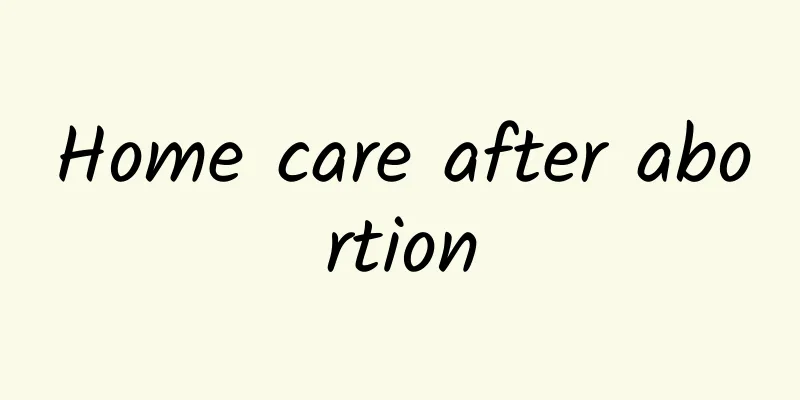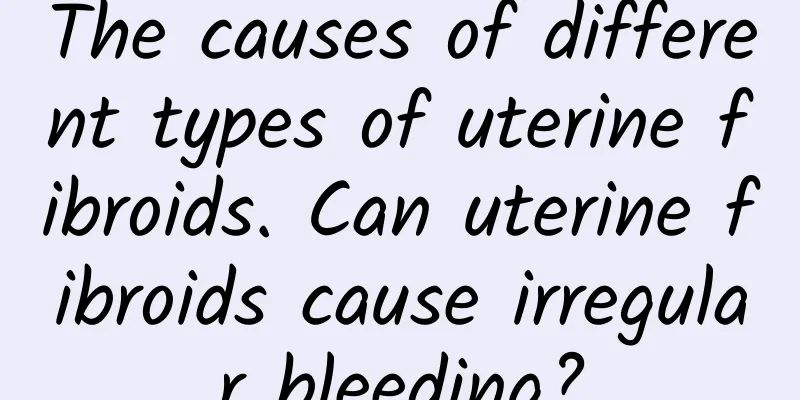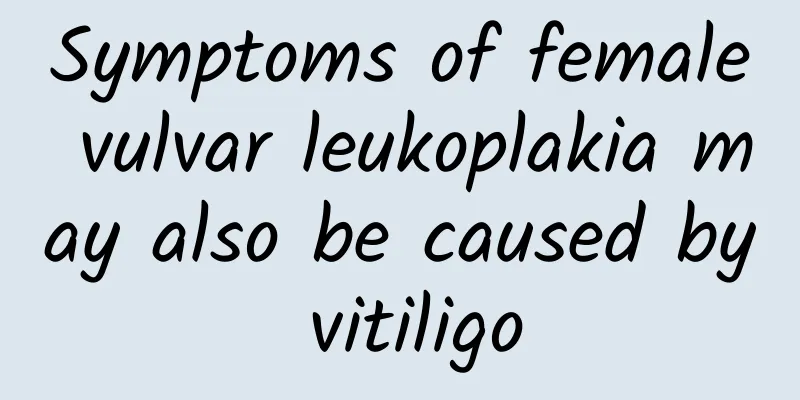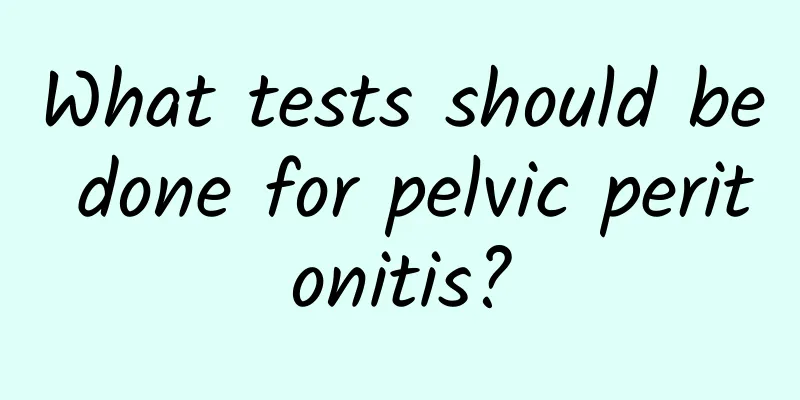How can I eliminate uterine cysts and what medicine should I take?
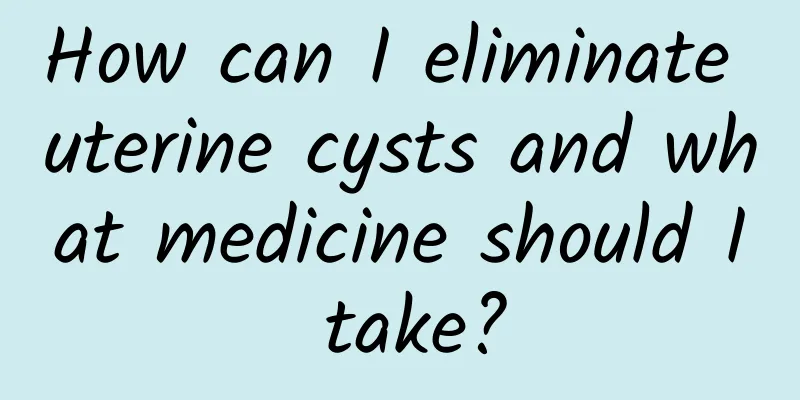
|
Uterine cysts require a doctor's diagnosis and treatment. If you have any related symptoms, please see a doctor as soon as possible. Uterine cysts are a common gynecological problem, usually caused by ovarian cysts, endometriosis, etc. In some cases, uterine cysts may be benign, but if the cysts are large or accompanied by symptoms such as pain, treatment is particularly important. The treatment method depends on the type and size of the cyst and the severity of the symptoms. The doctor will determine the medication or other treatment methods based on the specific situation of the individual. Understanding uterine cysts requires choosing the right treatment plan. Hormone therapy is a commonly used drug treatment that helps cysts shrink by regulating hormone levels. Anti-inflammatory and analgesic drugs can be used to relieve pain and discomfort, but these drugs do not directly treat cysts. Traditional Chinese medicine conditioning is also considered in some cases, but its effect varies from person to person and needs to be carried out under the guidance of a professional Chinese medicine practitioner. For some small cysts, the doctor may recommend observation rather than immediate medication because they may disappear on their own. Diet also requires moderate adjustments to help manage and relieve symptoms. Pay attention to the intake of fiber-rich foods such as whole grains, fruits and vegetables, which can help balance hormone levels in the body. Reducing fat and sugar intake can also have a positive effect on improving symptoms. Anti-inflammatory drinks such as ginger tea and green tea can help relieve discomfort. Appropriate protein supplementation and selection of healthy fats such as fish oil and olive oil are beneficial to maintaining the overall health of the body to a certain extent. If you experience persistent pain or other complex symptoms, it is important to seek professional medical advice. Routine health checks and tests under the guidance of your doctor are key. Depending on the specifics of the cyst, your doctor may recommend surgery to prevent further problems. Maintaining a good lifestyle, including regular exercise and maintaining mental health, can also play a positive role in alleviating and preventing related problems. |
<<: Can I get pregnant if I have adnexitis pain?
>>: Treatment of vulvar pain and abnormal vaginal discharge
Recommend
Is pelvic effusion puncture a good treatment?
Pelvic effusion can cause patients to have abdomi...
Early symptoms of hyperprolactinemia in women
What are the early symptoms of hyperprolactinemia...
What do you know about the diagnostic criteria for women's menstrual disorders?
What are the diagnostic criteria for irregular me...
Typical symptoms of vulvar leukoplakia
Vulvar leukoplakia is a gynecological disease, an...
What to do when uterine fibroids occur?
What should you do when uterine fibroids occur? U...
What is the difference between chronic cervicitis and acute cervicitis
There are significant differences between chronic...
Analysis of relevant knowledge on the symptoms of dysmenorrhea
In fact, the symptoms of dysmenorrhea are multifa...
I haven't had my period for a month after the abortion. What's going on?
If you haven't had your period one month afte...
Can a female Bartholin's gland cyst be treated without surgery?
Bartholin's gland cysts are usually best trea...
When should surgery be performed on endometrial fibroids? How big should endometrial fibroids be before surgery is needed?
Endometrial fibroids are one of the most common b...
Cost of conservative treatment for hyperprolactinemia
With the continuous development of medicine, ther...
Are there any sequelae after hysterectomy?
Are there any sequelae after hysterectomy? The ca...
You don’t have to starve to lose weight! The secret of why female traditional Chinese medicine practitioners love to eat lotus root
Praised as a "spiritual root" in the tr...
Standardized treatment of threatened abortion is the best way
Due to the increasing pressure of study and life,...
Daily care measures for patients with cervical condyloma
There are many diseases in life, big and small, i...
